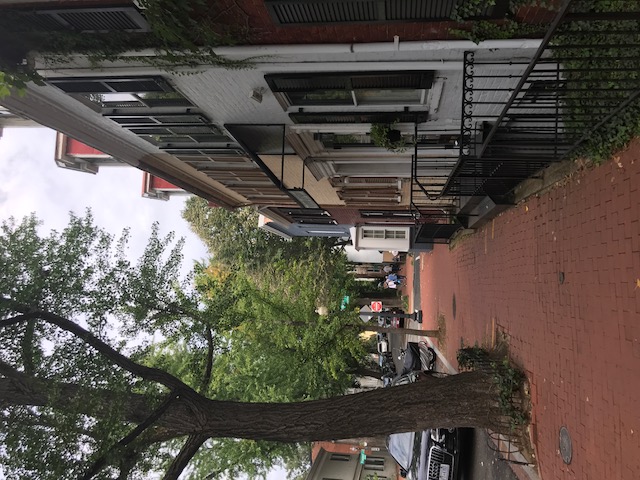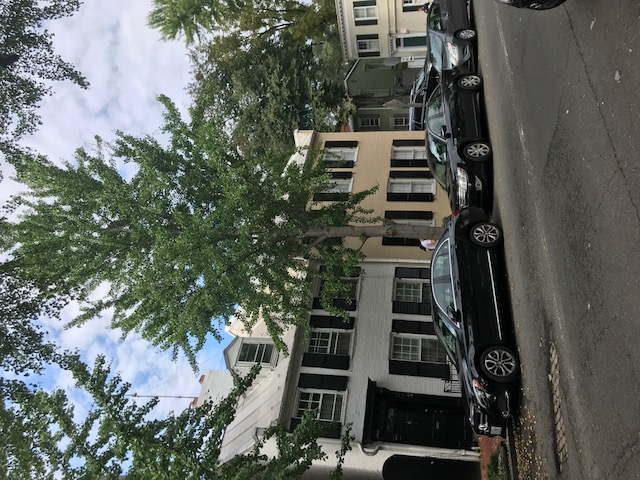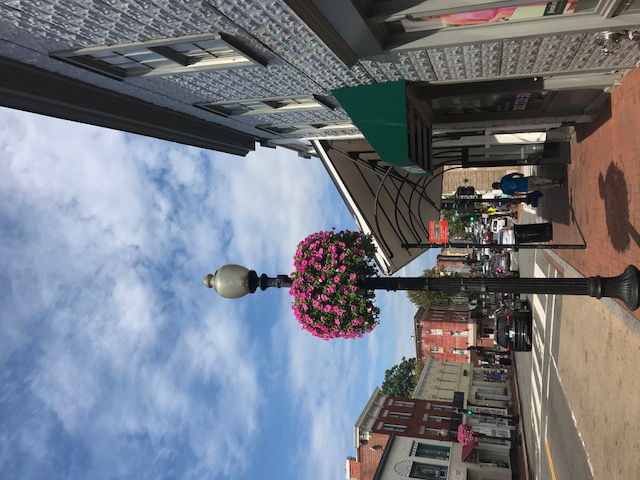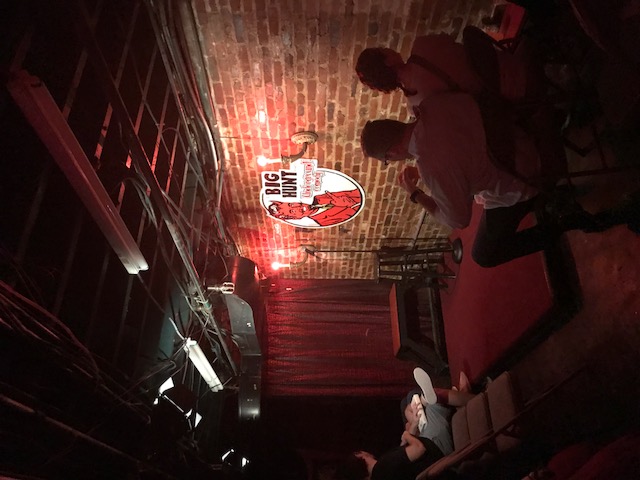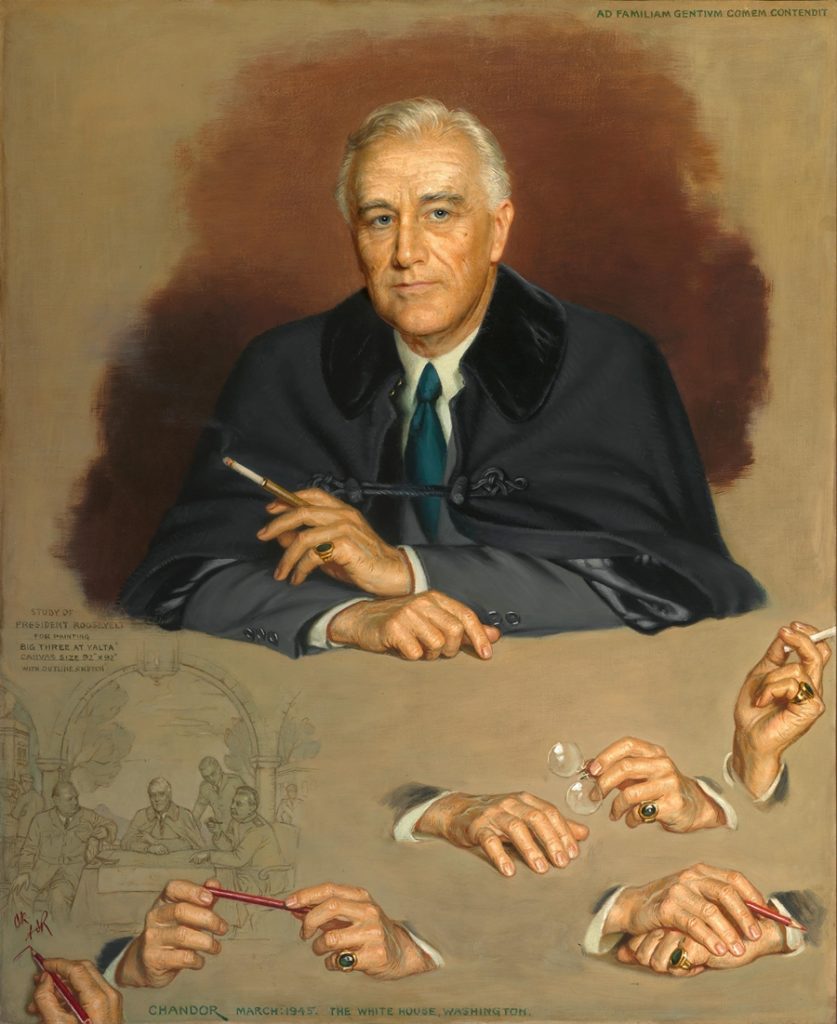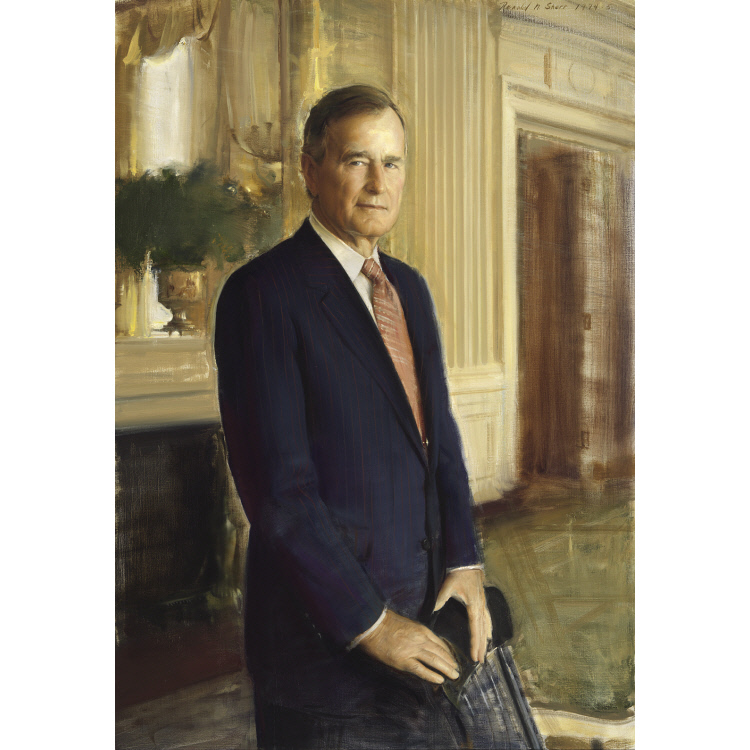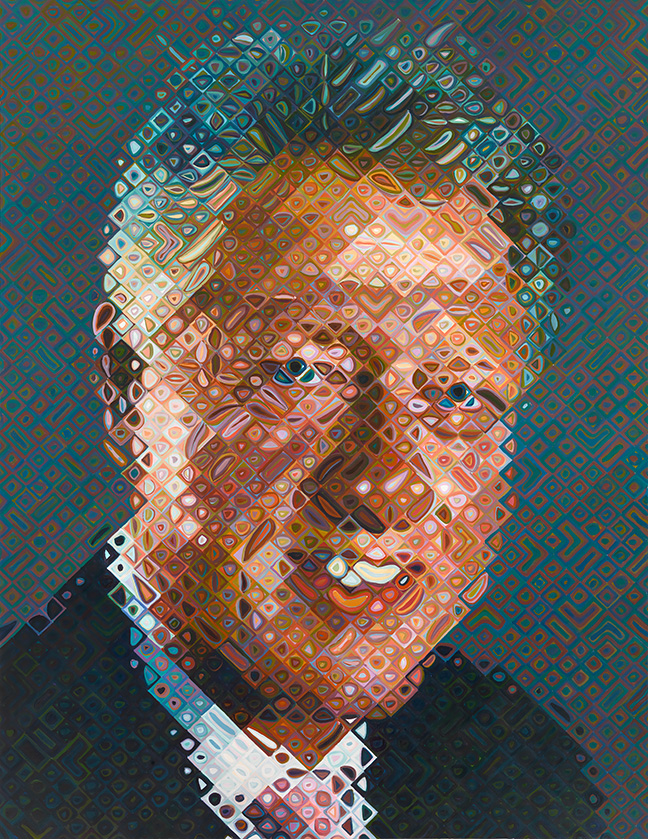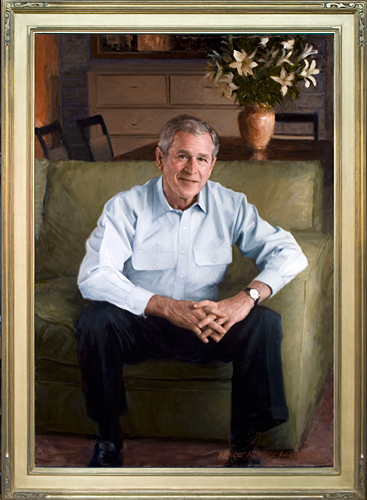Dialects
I am writing this at a coffee shop in Naperville, some 45 minutes outside of Chicago. It’s ten o’clock, and I have already experienced two tipping incidents. One was more of a moral pondering at breakfast at my hotel. I like to consider myself a basically nice person, and I accept that tipping is a way of life here, and the waitress was very nice. And yet: is it morally justified to tip the standard 20 percent when the coffee was horrible? When the coffee and the cappuccino was weak, disappointing, letting me down just when I needed it the most? I sat there, paralyzed in the face of this decision, and then I decided that I couldn’t. I just couldn’t. She got 15 %.
I then moved on to the coffee place next door which is the kind of hipster looking-place where the coffee is brewed in what mostly resambles a laboratory. Still, I took nothing for granted and leaned closer to the nice woman behind the counter and whispererd: “Your coffee… it’s pretty good, isn’t it?” She answered confidentially: “Yeah. It is.” Me: “It’s not… weak, is it?” Her: “No. No, it’s pretty good.” And it was! And I forgot to tip! It was one of those modern ipad-paying-things and I signed with my finger and then I couldn’t press “complete transaction” and she did it for me, pressing “no tip” in the process. Sure, I paid seven dollars for the coffee, but still! It was worth a tip! I apologized so profusely that she started looking at me sort of strange. “No, you’re good”, she kindly assured me some ten times. Coffee does not bring out the most normal side of me, assuming that there is one.
Anyway. Naperville. After ten days in DC I was quickly reminded that you can’t live in most cities in the US without a drivers license. Everything in Naperville is ten minutes away by car. My publishers office, a cinema, the train station, a restaurant I was thinking of visiting. And everytime I think: “Well, that should be a nice walk” only to discover that it takes some two hours to walk there. And I’d probably have to walk by the high way to get there.
Naperville is fourt-largest city in Illinois (I have a feeling this doesn’t say much), it’s the wealthiest city in the Midwest and the eleventh wealthiest in the nation, voted second best city to live and ranked amongst the nation’s safest cities by USA Today and Business Insider. It is also the home of my American publisher, Sourcebooks, and a great independent bookshop, Anderson’s. When my first novel, The Readers of Broken Wheel Recommend was published in the US, my publisher had this great competition called Readers, Recommend Your Bookshop, where readers could vote for their favourite independent bookshop who could then win money. Anderson’s won. As soon as I’ve finished this great cup of coffee, I’m going there, and then I’m visiting Sourcebooks. They are working on the English translation of my next novel Pine Away Motel and Cabins, and I am of course thrilled to hear more about the plan ahead.
I have also thought quite a lot about dialects these past days. The thing with dialects is that while I can’t consciously adopt them, I tend to pick them up without thinking. This almost always leaves to embarrassing situations where it seems like I’m mocking them by suddenly talking, for example, like an American teenager. I learned this when traveling for a month in Ireland. And even if you manage to keep up the dialect during an entire conversation, without slipping sarcastically back and forth, it can still lead to social awkwardness, like the time I was having a nice Guinness at a bar and everyone suddenly realized I knew absolutely nothing about rugby. I tried to excuse myself with a “I’m from Sweden!” but then older man beside me wasn’t having it. “Why are you talking like that, then?”
But I have been in the US for almost two weeks, which means that my English is getting more and more fluent and the Swedish accent weaker and weaker. And I have to adopt some dialect, right? Apparently my subconscious have chosen to go in the All British direction.
Today, in the elevator:
Janitor: “So how you doin’?”
Me: “Oh, quite well, quite well, thank you. And you?”
Janitor: “Goin’ pretty good so far.”
Me: “Splendid day outside, isn’t it?”
Janitor (leaving the elevator): “You have a good one, now.”
Me: “Have a good day!” (At least I managed not to add “my good sir”, but my tone implied it).
This also makes most people guess I’m from England. A drunk/high guy outside a grocery store a few days ago asked me where I was from and guessed England. I answered said I was from Sweden. His comment: “Donald Trump likes you guys!” Me: “Eh. I believe you might be thinking about Norway…”
